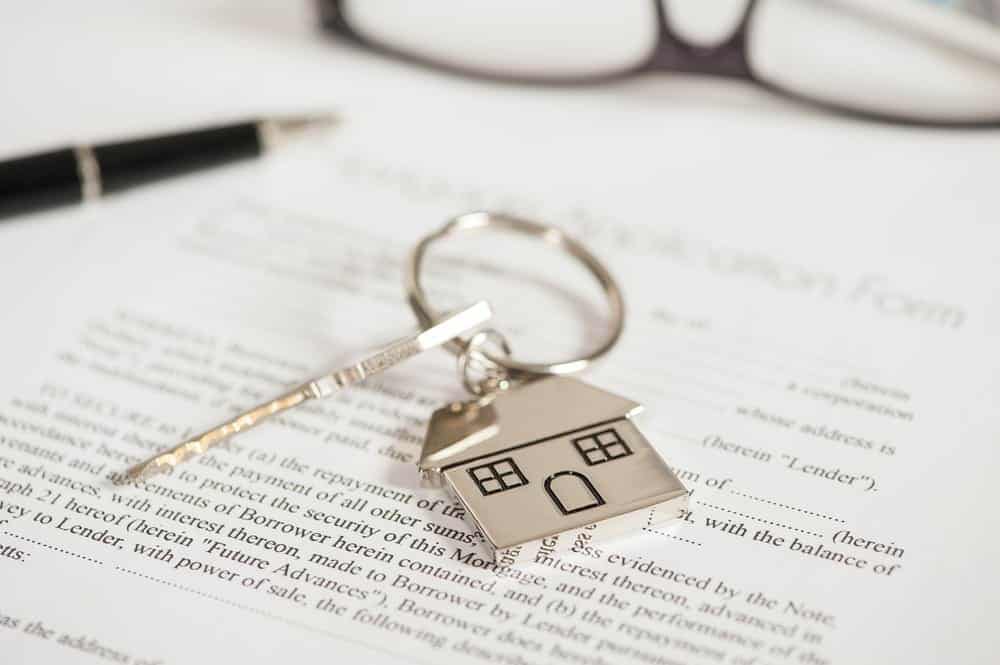A deed of variation can be a useful tool.
It allows you to change the rules that you must follow while living in a property.
This can give you greater freedom or rights.
You can learn what is a deed of variation on a freehold property in this blog.
What is a Deed of Variation on a Freehold Property?
A deed of variation can be used on a freehold property to make changes to the rights or ownership of the property. This could be to rectify errors in the Title Deeds. Or maybe it’s to fix an incorrect measure about your boundary.
Experts argue that even the smallest of issues with your freehold property’s documents can have serious implications.
For example, perhaps you’re taking someone’s name off the Title Deeds who isn’t involved anymore. This ensures that they have no legal right to the property in disputes surrounding Wills or divorce.
Or maybe the measurements of a shared driveway are inaccurate. This could cause someone to be liable in an accident happens on a portion of the driveway that isn’t theirs.
In some cases, the mistake that you’re correcting is quite small. Some people would wrongly view it as insignificant.
But when you sell the house, or apply for a right to do something, small mistakes in the legal documents can be obstructive. It’s thus better to sort it before an issue arises.
What causes someone to get a Deed of Variation on a Freehold Property?
It often happens when a mistake is discovered that the property owner wasn’t aware of. In many cases, this can be a very small issue, and thus wasn’t noticeable for several years.
Perhaps a review of the Title Deeds, or a change in circumstances, prompts the owner to review documentation. This can result in a deed of variation if something needs to change.
How long does a Deed of Variation on a Freehold Property last for?
A deed of variation applies indefinitely. There’s almost never a timeframe limitation on it. Speak to a solicitor for more guidance on this.
How to make a Deed of Variation on a Freehold Property
You should contact a solicitor if you want to create a deed of variation on your freehold property. Unless you’ve got experience in this area, you’re likely to make a mistake. And that can have negative effects further down the line.
Your deed of variation should state:
- What the changes are
- Parties affected
- Signatures and/or witness requirements
- Conditions that must be met for the variation
Once you’ve created a deed of variation, you’ll need to register it with HM Land Registry. The form used to do this is an ‘AP1’. This ensures that it’s registered with your property, and thus will be enforced for any future transactions relating to your house or land. A solicitor can support you with this process.
What is a Deed of Variation on a Leasehold Property?
Just like you can get a deed of variation on a freehold, you can also get this for leasehold properties.
A deed of variation for leasehold can be used to change the terms of a lease. This might involve permitting activities that were previously banned. Or maybe it’s to extend the length of the lease.
In many cases, a leaseholder can speak to their landlord about removing a deed of ‘restrictive covenant’. If the freeholder agrees, a deed of variation can be used to achieve this.
Can a freeholder refuse a deed of variation?
Yes, a freeholder is allowed to say no to a deed of variation.
This is because they’re in control, and thus aren’t answerable to the leaseholder. In some cases, the leaseholder may challenge this by going through the legal system.
Other types of Deed of Variation
As mentioned above, you can have a deed of variation for both a freehold and a leasehold property.
The former relates to changes to the Title Deeds or other legal details for the house or land. The latter refers to changing the lease – this could be the lease length, what you’re allowed to do inside the house, or financial obligations.
The term ‘deed of variation’ can also be used outside of a property context. You’ll usually see this in discussions relating to a Will. It’s often applied when the beneficiaries of a Will want to change its contents after the person has passed away.
This might be to avoid ambiguities, give received money to a charity, or to provide for young people born after the Will was written. Speak to a solicitor for more advice on this subject.










